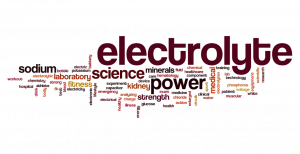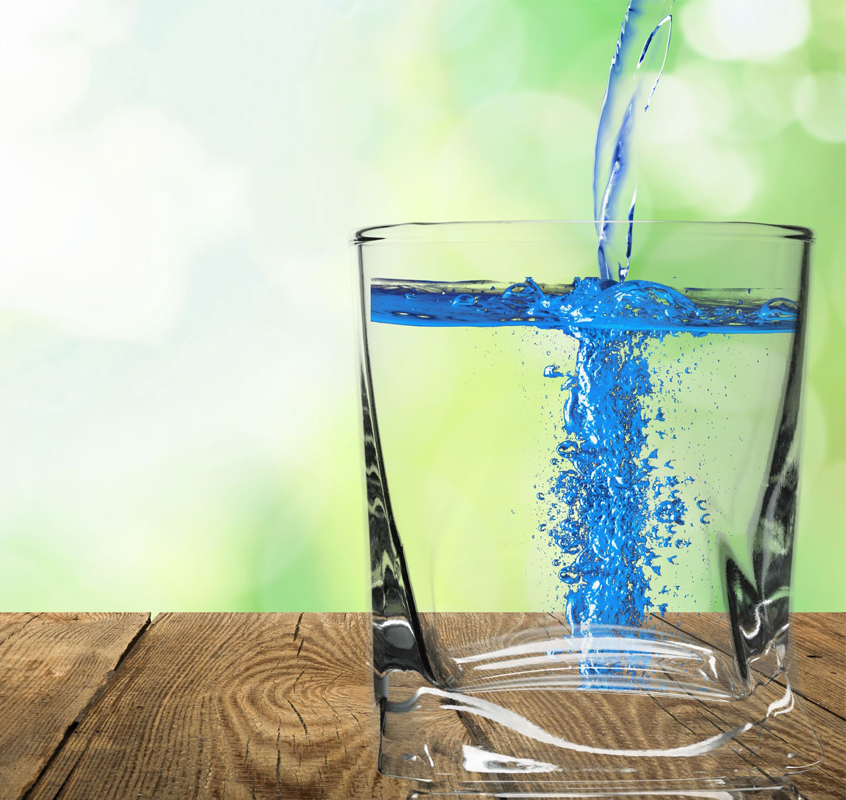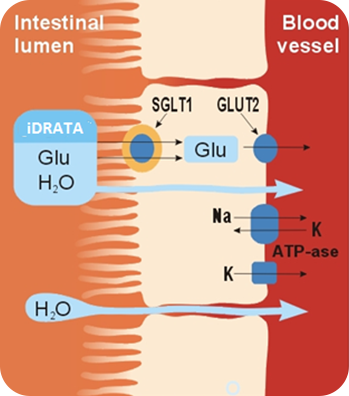THE IMPORTANCE OF ELECTROLYTES
 Electrolytes are minerals present in the blood and body fluids which influence the control of the amount of water present in the body, as well as blood acidity, muscle function and other important physiological processes. An adequate balance of electrolytes helps the body maintain fluids at the proper concentrations. Examples of electrolytes include chloride, potassium and sodium. Electrolyte levels may become too low or too high when the amount of water in the body changes (causing dehydration or over hydration). The imbalance in electrolytes can be caused by diarrhea, vomiting, sweating, kidney problems and certain medications.
Electrolytes are minerals present in the blood and body fluids which influence the control of the amount of water present in the body, as well as blood acidity, muscle function and other important physiological processes. An adequate balance of electrolytes helps the body maintain fluids at the proper concentrations. Examples of electrolytes include chloride, potassium and sodium. Electrolyte levels may become too low or too high when the amount of water in the body changes (causing dehydration or over hydration). The imbalance in electrolytes can be caused by diarrhea, vomiting, sweating, kidney problems and certain medications.
One of the main problems related to the water that can arise directly in our organism is the dehydration, because in many cases, the ingested water is below the desirable. Unfortunately the thirst is not the best indicator when our body needs water. A more reliable indicator is the color of the urine, because when it appears dark yellow or amber usually indicates dehydration. If a person is well hydrated the urine is clear or light-colored. If physical examinations or laboratory data indicate a state of dehydration, an immediate response is required and the water does not have enough electrolytes to solve the problem. Thus, for a mild or moderate dehydration water is often not enough. For a proper hydration in cases of dehydration it is necessary to replace both fluids and electrolytes, and the best option in this situation is an Oral Rehydration Solution.
One of the main problems related to the water that can arise directly in our organism is the dehydration, because in many cases, the ingested water is below the desirable. Unfortunately the thirst is not the best indicator when our body needs water. A more reliable indicator is the color of the urine, because when it appears dark yellow or amber usually indicates dehydration. If a person is well hydrated the urine is clear or light-colored. If physical examinations or laboratory data indicate a state of dehydration, an immediate response is required and the water does not have enough electrolytes to solve the problem. Thus, for a mild or moderate dehydration water is often not enough. For a proper hydration in cases of dehydration it is necessary to replace both fluids and electrolytes, and the best option in this situation is an Oral Rehydration Solution.


